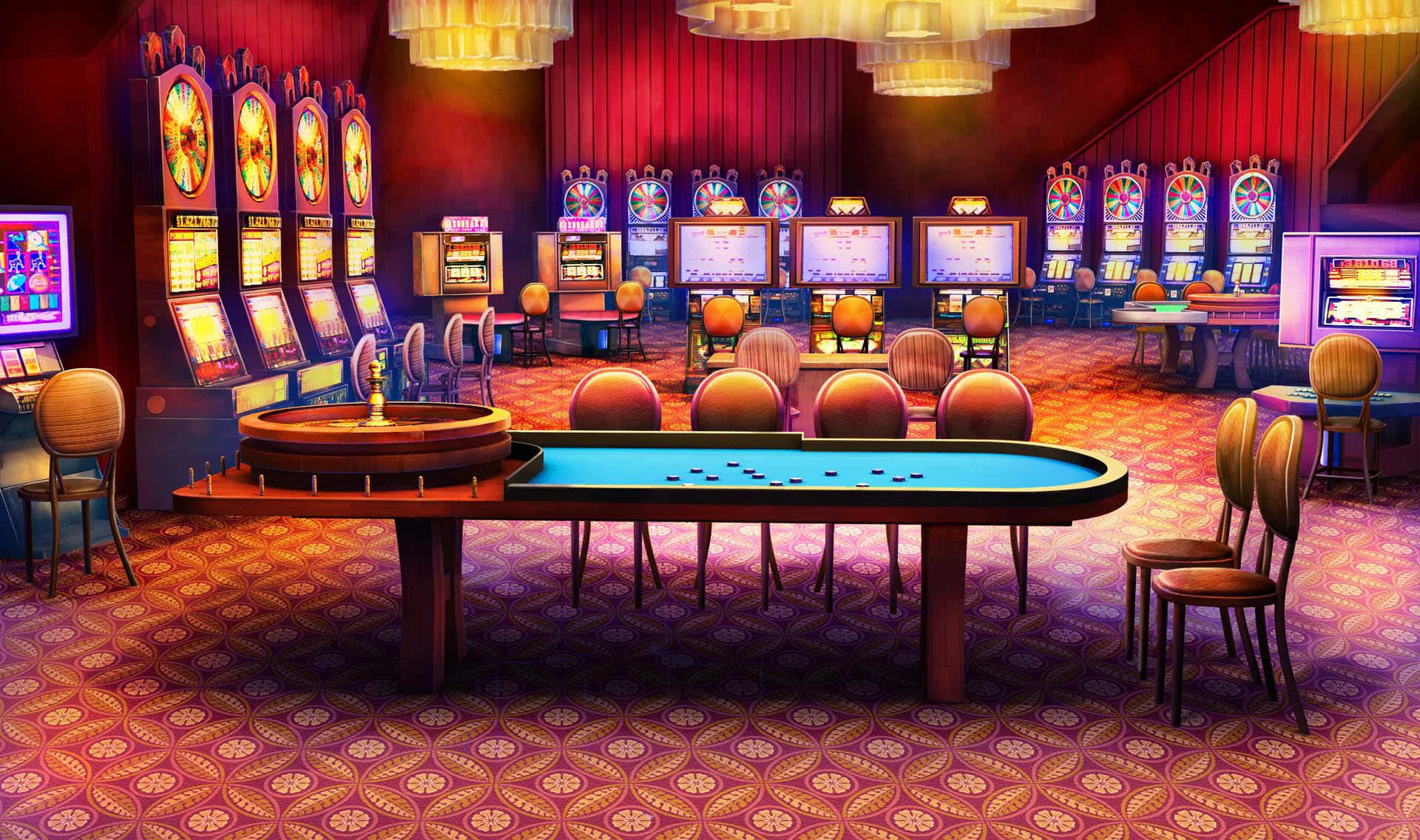
Casino entertainment have long been a captivating entertainment option, drawing countless of players from different cultures around the globe. From the lively casinos of Vegas to the thriving gambling halls of Macau, these games serve as a link that unites people across a variety of backgrounds. The allure of chance, tactics, and uncertainty entices not only those seeking to strike it rich but also those seeking a shared experience.
The cultural impact of casino games extends significantly past the gaming floor. They often embody the social norms and principles of the cultures in which they thrive. Games such as Texas hold ’em, 21, and roulette have woven themselves into the tapestry of popular culture, influencing everything from cinema to fashion. As we explore this fascinating intersection of chance and life, we can gain insights into how casino games shape and are affected by the surrounding world.
Historical Evolution of Casino Activities
The beginnings of gambling activities can be traced back to historical cultures, where gambling in multiple forms was extensively engaged in. In Ancient China, around two thousand three hundred years before Christ, a type of lottery known as Keno was common, while in historic Rome, soldiers would often gamble on the consequences of their games. The concept of using luck for amusement and profit evolved over the years, leading to the creation of more formal activities. By the end of the Middle Ages, gambling houses started to appear in the continent, notably in Italy, which brought forth early incarnations of popular games still practiced today.
As gambling increased fame in the continent, the 17th and 18th centuries saw the appearance of gaming houses as specialized locations for gaming. The initial official gaming venue, the Ridotto, was founded in the Venetian city in the year 1638, featuring activities like the game of Baccarat and the game Faro. This time marked a major turning point, as gaming venues commenced to welcome not just the wealthy but also the burgeoning middle-tier society. The sophistication of games increased, leading to the introduction of new guidelines and modifications that enriched the gaming experience.
In the 19th century, the era of industrialization and changes in social conventions also changed the landscape of gaming games. The arrival of roulette and modern slot machines attracted a larger audience, and casinos became seen as acceptable entertainment. This time witnessed the worldwide proliferation of casino activities, as casinos spread from European nations to the New World, culminating in the creation of the legendary Las Vegas Boulevard in the 1900s. The evolution of gambling games has progressed into the current era, integrating new technologies and online sites, making them accessible to a universal population.
### Cultural Significance in Different Communities
Gambling games have profound cultural importance within many societies around the world. For instance, in Las Vegas, the very essence of the urban landscape is woven around casinos, where playing is not just a hobby but a key aspect of leisure and community life. The dazzling lights and dynamic atmosphere attract a vast audience, showcasing how casino games can influence local economical structures and cultural identities. This environment transforms the notion of relaxation into an engaging experience that affects style, melodies, and even film.
On the other hand, some societies approach gambling with more caution, considering it through the lens of ethical beliefs and heritage. For example, in various Eastern societies, games like Mahjong and Pai Gow are steeped in history and carry significant social meanings. These games are often played during gatherings and occasions, fostering social ties and reinforcing kinship ties. The act of participating in these games goes beyond mere entertainment, reflecting ethics such as respect for elders and the importance of shared enjoyment.
At the same time, in European countries such as Monaco and Italy, games of chance serve as symbols of opulence and elegance. casino online ohne Oasis The elegant atmosphere of these venues attracts both visitors and native inhabitants, upholding a sense of prestige and rarity. The art of the game of poker and the tactical components of games like banker’s game are esteemed, molding social dynamics and cultivating an attraction that captivates a varied audience. This underscores how casino games can simultaneously reflect and shape cultural attitudes towards danger, gain, and community interaction.
Economic Impact and Tourism
Casino games play a important role in the financial context of many areas, particularly those that rely heavily on tourism. The revenue produced from gambling establishments fuels local financial systems, creating employment opportunities not only within the casinos but also but also in related sectors such as hotel management, dining, and entertainment. This influx of tourists, drawn by the attraction of gambling and the overall gaming environment, stimulates expenditure across multiple local enterprises, contributing to the economic health of the area.
The presence of casinos often leads to the construction of infrastructure, including lodging, public transit, and recreational facilities. These developments are essential in improving the overall visitor satisfaction, making destinations more appealing to visitors. Additionally, many casinos contribute in local communities through sponsorship of events and philanthropic activities, further integrating themselves into the social fabric of the locality. Such contribution not only supports economic growth but also cultivates a positive reputation of the casino industry.
Furthermore, the worldwide appeal of casino games drives competitive tourism, with regions vying to attract gamblers from across the globe. Iconic locations like Las Vegas and Macau have become synonymous with casino culture, drawing millions annually. This competitive edge encourages creativity and diversification within the gaming industry, influencing trends in entertainment and hospitality that resonate beyond their borders. The ripple effects of this visitor influx extend far, impacting local economies and cultural interactions on a worldwide scale.